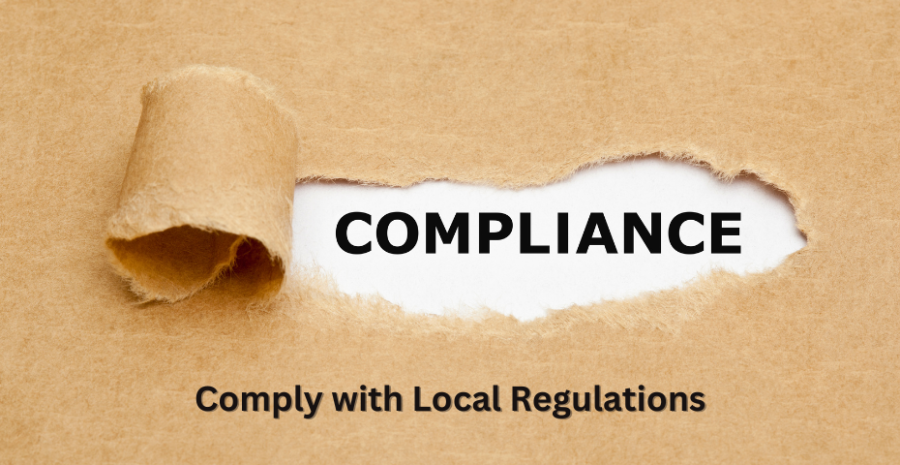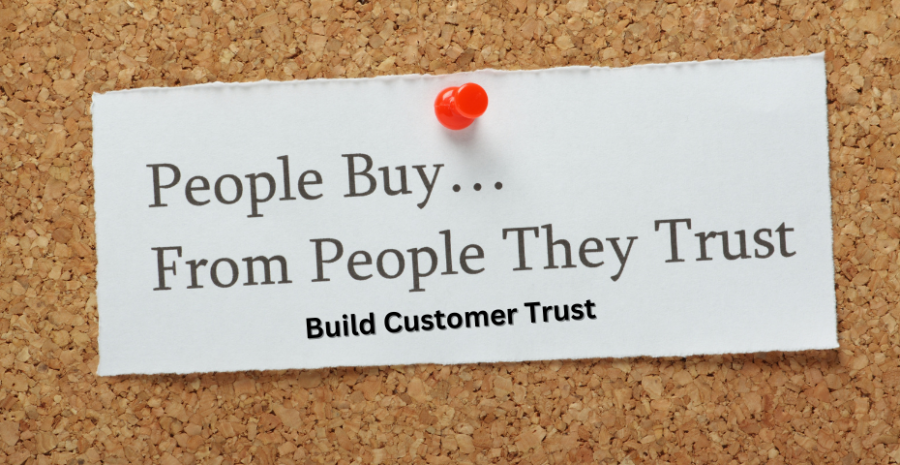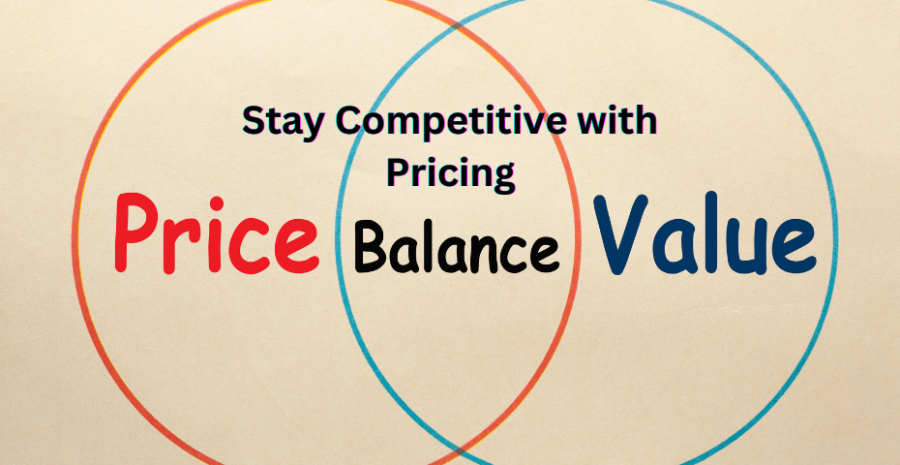

The digital age has revolutionized the way business is conducted worldwide, and South Africa is no exception. The rise of internet connectivity, combined with an increasing number of online consumers, makes starting an online business in South Africa a promising and lucrative venture.
However, to succeed in the South African market, entrepreneurs must navigate a unique blend of challenges and opportunities. As with any business venture, thorough planning and understanding of the local environment are key.
South Africa has a diverse population with varying internet access and purchasing power, which requires online businesses to be both innovative and adaptable.
While the country's online infrastructure has improved over the years, there are still challenges related to high data costs, limited rural connectivity, and competition with global e-commerce platforms.
In this guide, we will explore the essential steps you need to take to start an online business in South Africa, including understanding the market, complying with local regulations, building a robust digital platform, and effectively marketing your business.
Whether you’re looking to sell products, offer services, or create a niche online store, this comprehensive approach will help you navigate the complexities of the South African online market.
Moreover, it's important to stay up-to-date with trends and technological advancements that can impact your business, such as mobile optimization, digital payment methods, and the growing demand for convenience in online shopping.
With the right strategy, tools, and determination, launching an online business in South Africa can be a rewarding endeavor.
Let’s dive into the 12 key points you need to know to get started.

Before launching any business, it is crucial to understand the local market dynamics. In South Africa, internet usage is growing rapidly, but the distribution of access varies.
Urban areas like Johannesburg, Cape Town, and Durban boast high internet penetration, while rural areas face connectivity challenges.
As an online business, you need to assess whether your target market resides in regions with reliable access. Additionally, South African consumers tend to be price-sensitive, so offering competitive pricing can set you apart from global competitors.
Understanding consumer behavior, preferences, and pain points will help you tailor your offerings to meet local demands.
Market research can provide insights into current trends, such as the popularity of mobile shopping and the types of products or services in high demand.

Selecting a niche is one of the most critical steps in starting an online business. In South Africa, online businesses that cater to specific needs often perform better than generalized e-commerce platforms.
For example, online stores specializing in African fashion, health and beauty products, or eco-friendly goods have gained significant traction in recent years.
Consider your passion, expertise, and market demand when choosing your niche. Research competitors in your space to see how saturated the market is and identify areas where you can offer something unique.
Focusing on a niche not only helps in narrowing down your target audience but also makes it easier to market your products or services effectively.

Starting an online business in South Africa requires compliance with various legal regulations. You’ll need to register your business with the Companies and Intellectual Property Commission (CIPC) to ensure your business is recognized as a legal entity.
Additionally, you may need to obtain a tax clearance certificate from the South African Revenue Service (SARS) and ensure your business complies with Value-Added Tax (VAT) regulations, if applicable. For certain products, additional permits or licenses may be required.
It's also important to understand consumer protection laws, such as the Consumer Protection Act, which governs online transactions and ensures the fair treatment of consumers.

Selecting the right e-commerce platform is critical to the success of your online business. In South Africa, platforms like Shopify, WooCommerce, and Wix offer versatile options for creating an online store.
These platforms come with built-in payment gateways, customizable design templates, and SEO tools to help your business thrive.
Ensure that the platform you choose can handle the volume of products or services you plan to offer and provides features such as inventory management, order tracking, and customer relationship management.
If you plan to expand internationally, make sure the platform supports multiple currencies and shipping options.

One of the key components of an online business is providing secure and convenient payment options for your customers.
In South Africa, popular online payment methods include PayFast, PayGate, Ozow and Bitoin , which allow users to pay via credit cards, bank transfers, and mobile wallets.
It's essential to integrate payment methods that are widely trusted and ensure secure transactions through SSL certificates and compliance with the Payment Card Industry Data Security Standard (PCI DSS).
Offering multiple payment options increases customer confidence and improves the overall shopping experience, reducing cart abandonment rates.

Your website is the face of your online business, and it needs to be user-friendly, fast, and mobile-responsive. In South Africa, where many consumers shop via smartphones, a mobile-optimized website is critical.
Ensure that your site has easy navigation, quick loading times, and clear calls to action.
A well-designed website can make the shopping experience smooth and enjoyable, encouraging repeat business.
Invest in high-quality images, professional product descriptions, and an intuitive checkout process to make your site stand out.
Additionally, ensure your site complies with South African laws on data protection and privacy, as governed by the Protection of Personal Information Act (POPIA).

Marketing is essential to attract customers to your online store. In South Africa, digital marketing channels such as social media (Facebook, Instagram, Twitter & Markethive ), search engine optimization (SEO), and email marketing are highly effective.
Utilize Facebook and Google ads to target specific demographics, based on location, age, and interests. SEO helps your website rank higher on search engine results pages, driving organic traffic to your store.
Partnering with local influencers or bloggers to promote your products can also boost brand awareness.
Keep your audience engaged by regularly updating your social media accounts with promotions, new arrivals, and customer testimonials.

Fast and reliable shipping is crucial to the success of your online business. South African consumers expect timely deliveries, and a poor shipping experience can result in negative reviews and lost customers.
Partner with reputable courier services that offer tracking options and reliable delivery times.
Companies like The Courier Guy, Dawn Wing, and Aramex are popular choices in South Africa. If you’re targeting rural areas, ensure your delivery partners can reach those locations without excessive delays or costs.
Offering flexible shipping options, such as same-day delivery in urban areas, can also give you a competitive edge.

Trust is an essential factor in online transactions. In South Africa, where online fraud has been a concern for many consumers, building trust with your customers is critical. Display trust badges, such as secure payment logos, on your website, and provide a clear return and refund policy.
Positive reviews, testimonials, and ratings can also help build credibility. Offering exceptional customer service, responding to inquiries promptly, and being transparent about your business practices will go a long way in gaining the trust of your audience.

Price sensitivity is a common trait among South African consumers. To remain competitive, you must offer value for money, whether through competitive pricing, discounts, or loyalty programs.
Research your competitors' pricing strategies and ensure your products or services are priced reasonably within your market.
Offering free shipping or bundling products together at a discounted rate can also attract cost-conscious customers.
Use pricing strategies such as tiered pricing, limited-time offers, and flash sales to create urgency and drive sales.

Tracking your business performance is vital for long-term success. By using analytics tools like Google Analytics, you can monitor your website traffic, customer behavior, conversion rates, and more.
This data helps you understand what’s working and where improvements are needed.
Regularly reviewing your website's performance allows you to optimize user experience, identify popular products, and adjust marketing strategies as needed.
Additionally, customer feedback and reviews can provide valuable insights into areas where your business can improve.

The online business landscape is constantly evolving, and staying ahead of the curve is essential for success. In South Africa, mobile commerce, or m-commerce, continues to grow as more consumers shop via smartphones.
Staying updated on the latest technologies, such as artificial intelligence (AI) chatbots, voice search optimization, and augmented reality (AR) product displays, can set you apart from competitors.
Continuously innovate and adapt your business model to meet changing consumer demands, such as offering more flexible payment options or introducing subscription-based services.

Starting an online business in South Africa can be a rewarding journey, but it requires careful planning, market research, and a deep understanding of the local environment.
By following the key steps outlined above, from understanding your target market and niche to complying with legal regulations and offering exceptional customer service, you can position yourself for long-term success.
The South African online market presents unique opportunities, particularly for entrepreneurs who are willing to innovate and adapt to changing trends. As the country's internet penetration continues to grow, so will the demand for convenient, reliable, and secure online shopping experiences.
Success in this space isn't guaranteed overnight, but with persistence, adaptability, and a customer-centric approach, your online business can thrive.
Make use of the resources and tools available to you, stay informed on industry trends, and continuously seek ways to improve your offerings.
South Africa's diverse and dynamic online market is waiting for innovative entrepreneurs like you to make a mark.
Whether you're selling products or services, or creating a digital platform that fills a gap, there's no better time than now to get started on your online business journey.

About: Andries vanTonder (65)
Over 45 years selfemployed
He is a Serial Entrepreneur, an Enthusiastic supporter of Blockchain Technology and a Cryptocurrency Investor
Find me: Markethive Profile Page | My Twitter Account | My Instagram Acount | and my Facebook Profile.
